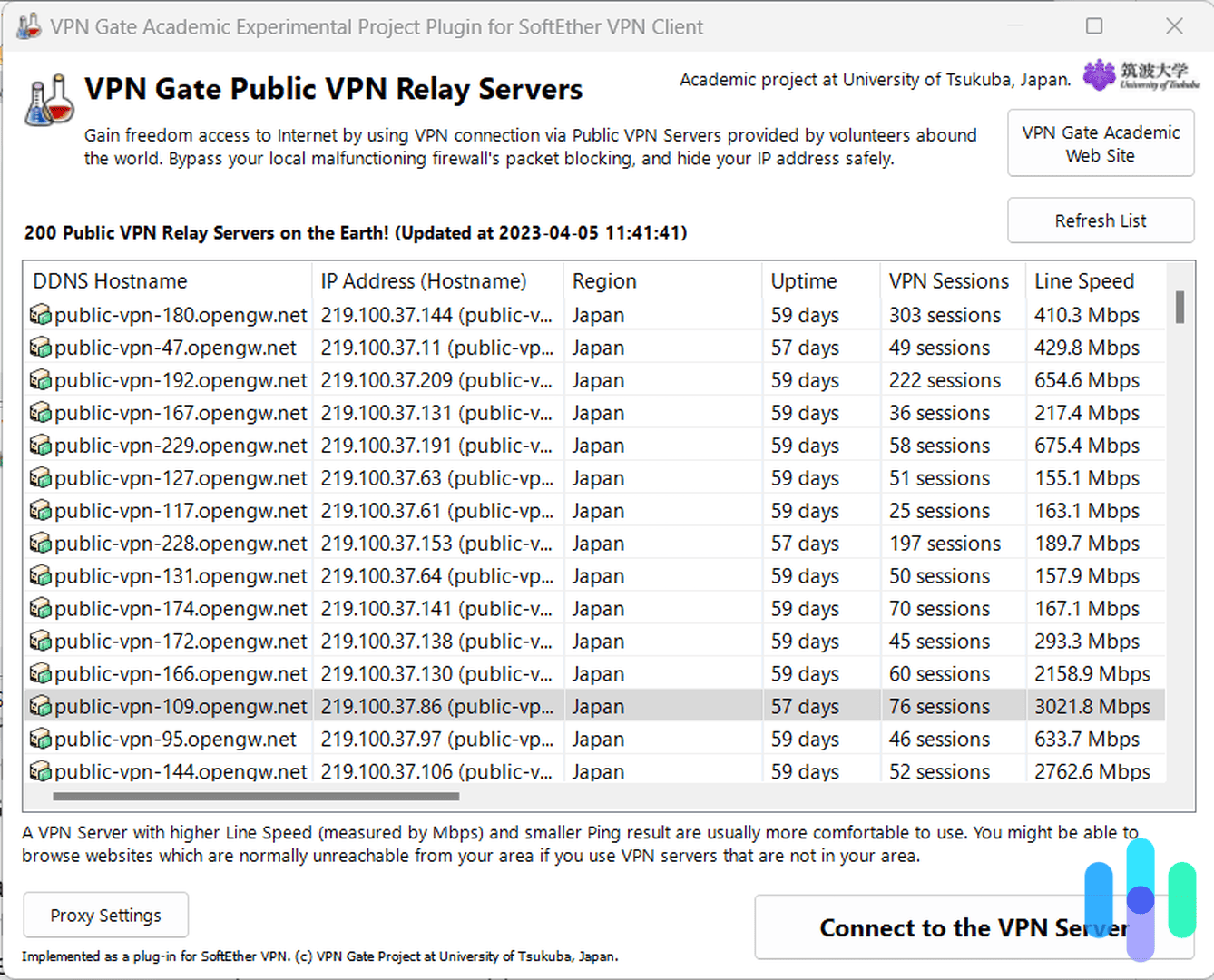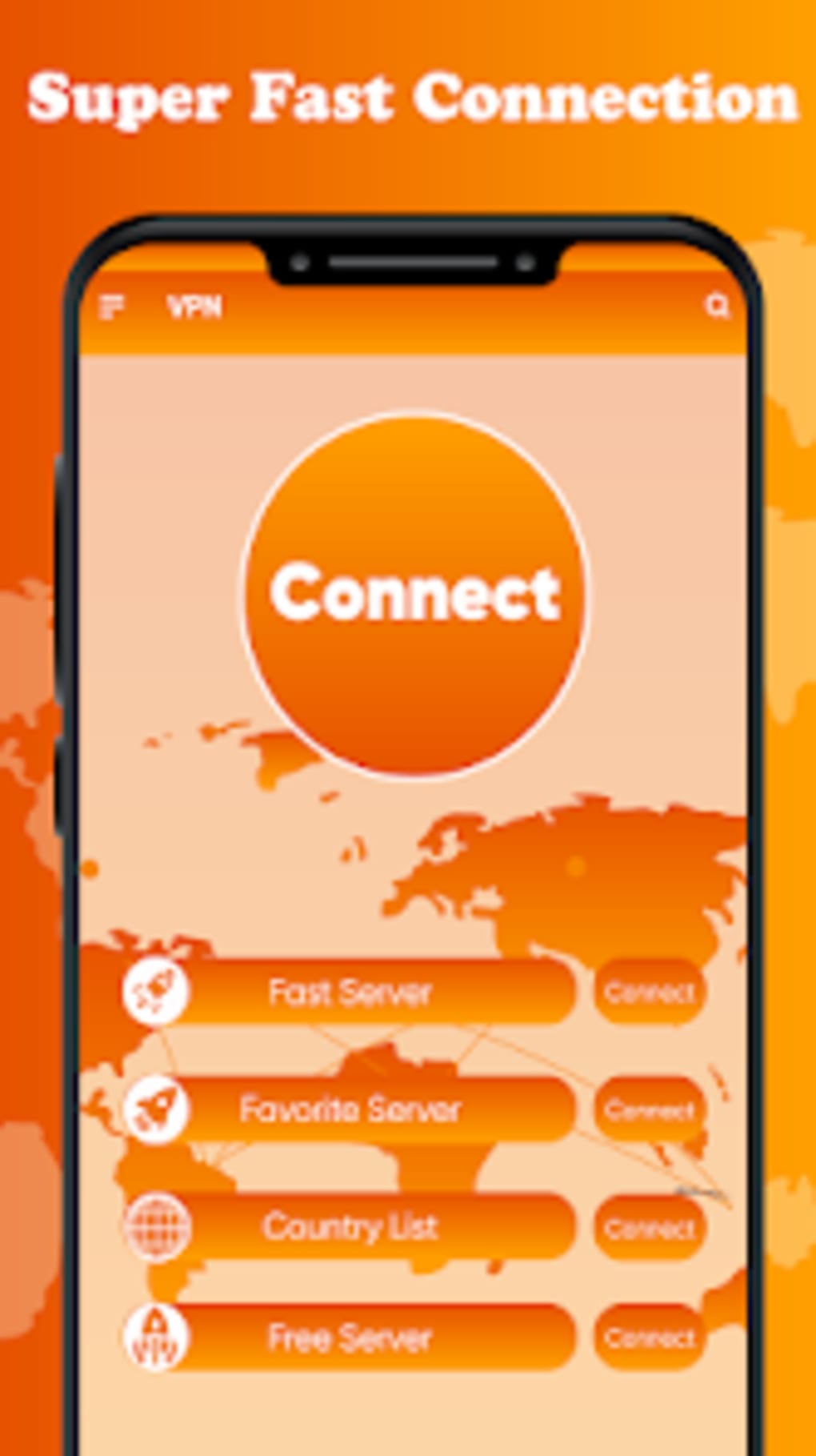In today's digital age, the use of a Virtual Private Network (VPN) has become more crucial than ever. Whether you're a casual internet user, a remote worker, or a business owner, understanding what a VPN is and how it works can significantly enhance your online security and privacy. This article will delve deep into the world of VPNs, providing you with comprehensive insights to make informed decisions about your online safety.
A VPN creates a secure connection over the internet, shielding your data from prying eyes. It acts as a digital shield, ensuring your activities remain private and secure. With cyber threats on the rise, the importance of using a reliable VPN cannot be overstated.
This guide aims to provide you with all the necessary information about VPNs, including how they function, their benefits, and how to choose the right one for your needs. Let's dive in and explore the essential aspects of this critical tool for modern internet users.
Read also:Movierulz Proxy Download Your Ultimate Guide To Legal Movie Streaming
Table of Contents
- What is a VPN?
- How Does a VPN Work?
- Types of VPN
- Benefits of Using a VPN
- Choosing the Right VPN
- VPN Security Features
- Privacy and Anonymity with a VPN
- Legal Status of VPNs
- Common Misconceptions About VPNs
- The Future of VPN Technology
What is a VPN?
A Virtual Private Network, commonly referred to as a VPN, is a technology that creates a secure and encrypted connection over less secure networks, such as public Wi-Fi. It allows users to access the internet privately and securely by routing their connection through a server operated by a VPN provider.
This technology is particularly useful for bypassing geographical restrictions, accessing blocked websites, and protecting sensitive data from hackers and cybercriminals. Essentially, a VPN ensures that your online activities are shielded from unauthorized access.
Key Components of a VPN
- Encryption: Converts data into a code to prevent unauthorized access.
- Tunneling: Creates a secure pathway for data to travel through the internet.
- Authentication: Verifies the identity of users and devices to ensure secure access.
How Does a VPN Work?
When you connect to a VPN, your device sends internet traffic through an encrypted virtual tunnel to a server managed by the VPN provider. This process hides your IP address and location, making it appear as if you're browsing from the location of the VPN server.
By encrypting your data, a VPN ensures that even if someone intercepts your internet traffic, they won't be able to decipher it without the encryption key. This makes it an invaluable tool for safeguarding your online activities.
Steps in the VPN Process
- Establish a connection to the internet through your ISP.
- Initiate a secure connection to the VPN server.
- Route all internet traffic through the encrypted tunnel.
- Access the internet as if you're located at the server's geographical location.
Types of VPN
There are several types of VPNs available, each designed to cater to different user needs. Below are the most common types:
1. Remote Access VPN
This type of VPN allows individual users to connect securely to a private network from a remote location. It is widely used by employees working remotely to access company resources.
Read also:Kash Patel Eye Injury A Detailed Analysis And Expert Insights
2. Site-to-Site VPN
Also known as a router-to-router VPN, this type connects two or more networks in different locations, enabling them to share resources securely.
3. Mobile VPN
Designed for mobile users, this type of VPN maintains a secure connection even when the user moves between different networks or loses connectivity temporarily.
Benefits of Using a VPN
Using a VPN offers numerous advantages, making it an essential tool for anyone concerned about their online privacy and security. Here are some of the key benefits:
- Enhanced Security: Protects your data from cyber threats.
- Privacy: Masks your IP address and browsing history.
- Access to Geo-Restricted Content: Enables you to bypass regional restrictions.
- Safe Public Wi-Fi Usage: Ensures your data remains secure on public networks.
Choosing the Right VPN
Selecting the right VPN can be challenging, given the multitude of options available. Here are some factors to consider when choosing a VPN:
1. Security Protocols
Look for a VPN that uses robust encryption standards, such as AES-256, to ensure maximum security.
2. Server Locations
A larger number of server locations can improve connection speeds and provide more options for bypassing geo-restrictions.
3. Speed and Performance
Choose a provider that offers fast connection speeds without compromising security.
4. User-Friendly Interface
A simple and intuitive interface can enhance your overall experience with the VPN.
VPN Security Features
Modern VPNs come equipped with various security features to protect users from potential threats. Some of these features include:
- Kill Switch: Automatically disconnects your internet if the VPN connection drops.
- Split Tunneling: Allows you to route specific traffic through the VPN while leaving others unencrypted.
- No-Logs Policy: Ensures that your browsing activity is not recorded or stored.
Privacy and Anonymity with a VPN
One of the primary reasons people use a VPN is to enhance their privacy and anonymity online. By masking your IP address, a VPN prevents websites, advertisers, and even your ISP from tracking your online activities.
However, it's essential to choose a reputable provider with a strict no-logs policy to ensure your data remains private. Additionally, combining a VPN with other privacy tools, such as a secure browser, can further enhance your online anonymity.
Legal Status of VPNs
The legality of using a VPN varies from country to country. In most parts of the world, using a VPN is perfectly legal. However, some countries have restrictions or outright bans on VPN usage.
It's crucial to research the legal status of VPNs in your region before using one. Always choose a provider that complies with local laws and regulations.
Common Misconceptions About VPNs
There are several myths and misconceptions surrounding the use of VPNs. Here are a few common ones:
- VPNs are Only for Illegal Activities: While some people may use VPNs for illicit purposes, the vast majority of users employ them for legitimate reasons, such as enhancing security and accessing geo-restricted content.
- All VPNs are the Same: Different VPN providers offer varying levels of security, speed, and features. It's important to choose one that meets your specific needs.
- Free VPNs are as Good as Paid Ones: Free VPNs often lack the security features and performance of paid options and may even compromise your privacy.
The Future of VPN Technology
As technology continues to evolve, so does the world of VPNs. Future advancements may include:
- Quantum Encryption: Offering unparalleled security against future cyber threats.
- AI-Driven Security: Utilizing artificial intelligence to detect and prevent potential threats in real-time.
- Seamless Integration with IoT Devices: Ensuring all connected devices are protected by default.
Conclusion
In conclusion, a Virtual Private Network (VPN) is an essential tool for anyone looking to enhance their online security and privacy. By understanding how a VPN works, its benefits, and how to choose the right one, you can make informed decisions about your digital safety.
We encourage you to explore the various options available and select a provider that meets your specific needs. Don't forget to share your thoughts and experiences in the comments section below. Additionally, feel free to explore other articles on our site for more insights into the world of technology and cybersecurity.

